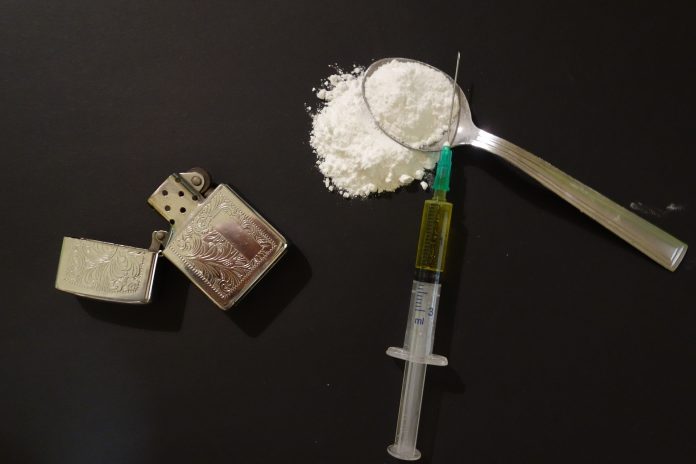The battle to find an opioid addiction treatment is not going well. Previous to the COVID-19 pandemic, the death rates from opioid overdoses were terrible. Since the pandemic, the number of overdoses has skyrocketed, with the United States recording over 80 000 opioid-related deaths.1 Fentanyl is one of the troublesome opioids that continues to gain popularity with relatively easy accessibility.2
Prevention campaigns and billboards warning of the dangers of fentanyl and other opioids seem useless amidst this public health crisis. Instead, treatments are limited to drugs like naloxone that reverse the deadly opioid effects, but it has its limitations.
Fentanyl and naloxone
Fentanyl slows the nervous system responses that are critical for life. These responses include heart and respiratory rates. This change to the nervous system leads to low blood oxygen levels and brain death if not addressed.1,3
Naloxone is an opioid antagonist that reverses the drug’s effect and normalizes the nervous system response if taken immediately at the sign of overdose. Success in the face of fentanyl overdose depends on the time and availability of the opioid antidote, and usually requires multiple doses.1 But, what if there was a better way to prevent opioid addiction and associated deaths?
The fentanyl vaccine
Opioid addiction requires lifelong disease management. Therefore, considering the long-term aspect of addiction is critical when determining treatments. Unfortunately, short-term drugs that help curb addiction and cravings are expensive and depend on patient compliance.3 Reversal drugs, like naloxone, require almost immediate administration and don’t prevent the overdose from happening.
Vaccines are essential to combat disease and death. Vaccines help the body quickly recognize harmful intruders and prevent them from destroying the host (you). A proactive approach to the opioid epidemic is vaccination against the effects of fentanyl and other opioid drugs. A vaccine has sustainability in the body, meaning protection for those susceptible to addiction from experiencing the euphoric effects of opioids.1,3
Animal trials are showing promise for a fentanyl vaccine that could be a turning point for the chronic disease of opioid addiction.1 Recently, researchers demonstrated successful results in producing anti-fentanyl antibodies in animal trials.
Fentanyl vaccine efficacy
Animals receiving the fentanyl vaccine did not produce fatal respiratory suppression that drives so many narcotic overdose deaths.1 Researchers found a blocking of effects of fentanyl including the low oxygenation from respiratory suppression.1 The vaccine trial indicates the vaccine can block opioid receptors and physiological effects of the drug, such as a low respiratory rate and heart rate.1
Fentanyl vaccine availability
As in any clinical research, the next step in furthering the development of the opioid addiction treatment is human trials. The researchers of the animal trial anticipate little to no adverse events in human trials. This confidence is because components of their fentanyl vaccine already exist in other vaccine formulas on the market.
At the rate countries are seeing opioid overdoses, it’s critical to find a resolution despite the complexity of moving the fentanyl vaccine into human trials. The vaccine could be the breakthrough to win the battle against opioid-related deaths.
References
- Haile CN, Baker MD, Sanchez SA, Lopez Arteaga CA, Duddupudi AL, Cuny GD, Norton EB, Kosten TR, Kosten TA. An immunconjugate vaccine alters distribution and reduces the antinociceptive, behavioral and physiological effects of fentanyl in male and female rats. Pharmaceutics. 2022; 14(11):2290. https://doi.org/10.3390/pharmaceutics14112290
- Shelley, Louise. Fentanyl, COVID‐19, and public health. World Medical & Health Policy 12.4 (2020): 390-397. https://doi.org/10.1002/wmh3.355
- Han, Y., Yan, W., Zheng, Y. et al. The rising crisis of illicit fentanyl use, overdose, and potential therapeutic strategies. Transl Psychiatry 9, 282 (2019). https://doi.org/10.1038/s41398-019-0625-0



